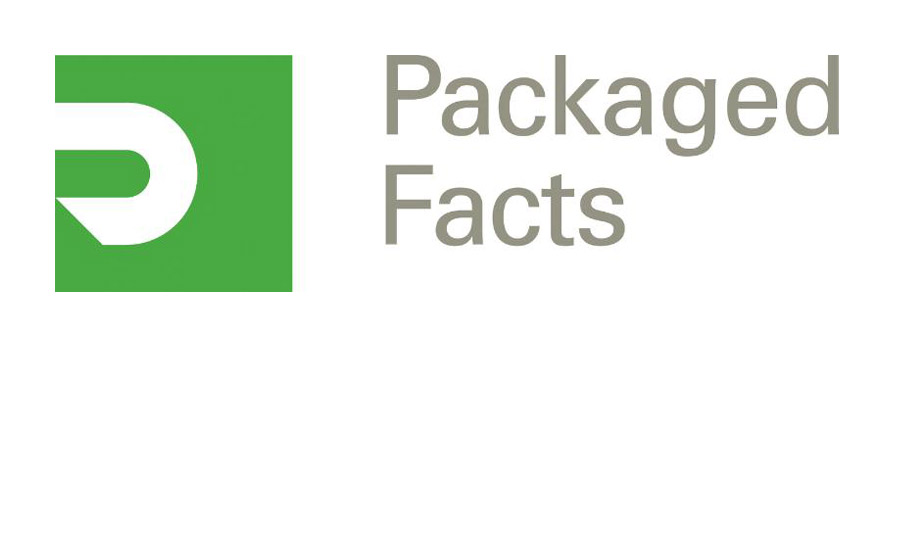In the U.S. food and beverage industry, it's all fun, games and shrewd capitalism until customers fall victim to a foodborne illness. It's a lesson fast casual juggernaut Chipotle Mexican Grill learned last year following a series of E. coli outbreaks that have implications yet to fully unfold.
A national consumer survey conducted by market research publisher Packaged Facts found that nearly three out of four consumers (74%) think that fast food restaurants should monitor food safety more closely. The survey was conducted during the November-December 2015 timeframe when Chipotle's ongoing problems with E. coli outbreaks received heavy mass-media coverage. Full details from the survey are featured in the new Packaged Facts report Consumers and Food Safety in the U.S.: Implications for Marketers, Retailers and Foodservice.
Foodborne illness is a serious public health issue. According to the U.S. Centers for Disease Control (CDC), each year, one out of every six Americans (48 million people) gets sick by consuming contaminated foods or beverages. Packaged Facts' data found that while a slight majority (53%) of U.S. consumers say that their level of concern about food safety has stayed about the same in the past few years, 46% of consumers say their level of concern has increased and only 1% report it has decreased.
For those Americans whose concern is on the uptick, the rationale is seemingly justified. In the past year alone, U.S. food and beverage companies recalled approximately 500 products for food safety and mislabeling issues. "The large number of consumer illnesses and product recalls demonstrates that all companies in the food and beverage industry need to be careful of food safety and proper labeling," says David Sprinkle, research director, Packaged Facts.
Despite a barrage of unflattering headlines, some industry experts suggest that the nation's food supply is actually safer now than ever before as similar problems in the past may have flown under the radar without being detected. Nonetheless, challenges to food safety can be expected to arise due to changes in the food production, supply, and distribution chain (including more imported foods and more products being shipped longer distances, leading to more multistate outbreaks); new and different contaminated foods, such as organic sprouted chia powder and packaged caramel apples; environmental changes leading to food contamination; and new and emerging strains of antibiotic-resistant bacteria.
While the concern over any "new or emerging" menace is palpable, it's a trio of familiar threats that have persistently wrought havoc throughout the food and beverage industry—including the presently infamous E. coli. By various estimates, Salmonella, E. coli and Listeria have caused roughly 90% of multistate foodborne disease outbreaks from 2010 to 2014. Salmonella was responsible for the most illnesses and hospitalizations, while Listeria caused the most deaths.
Consumers Expect Better Restaurant Food Safety Monitoring
Consumer expectations change in wake of Chipotle E. coli development
